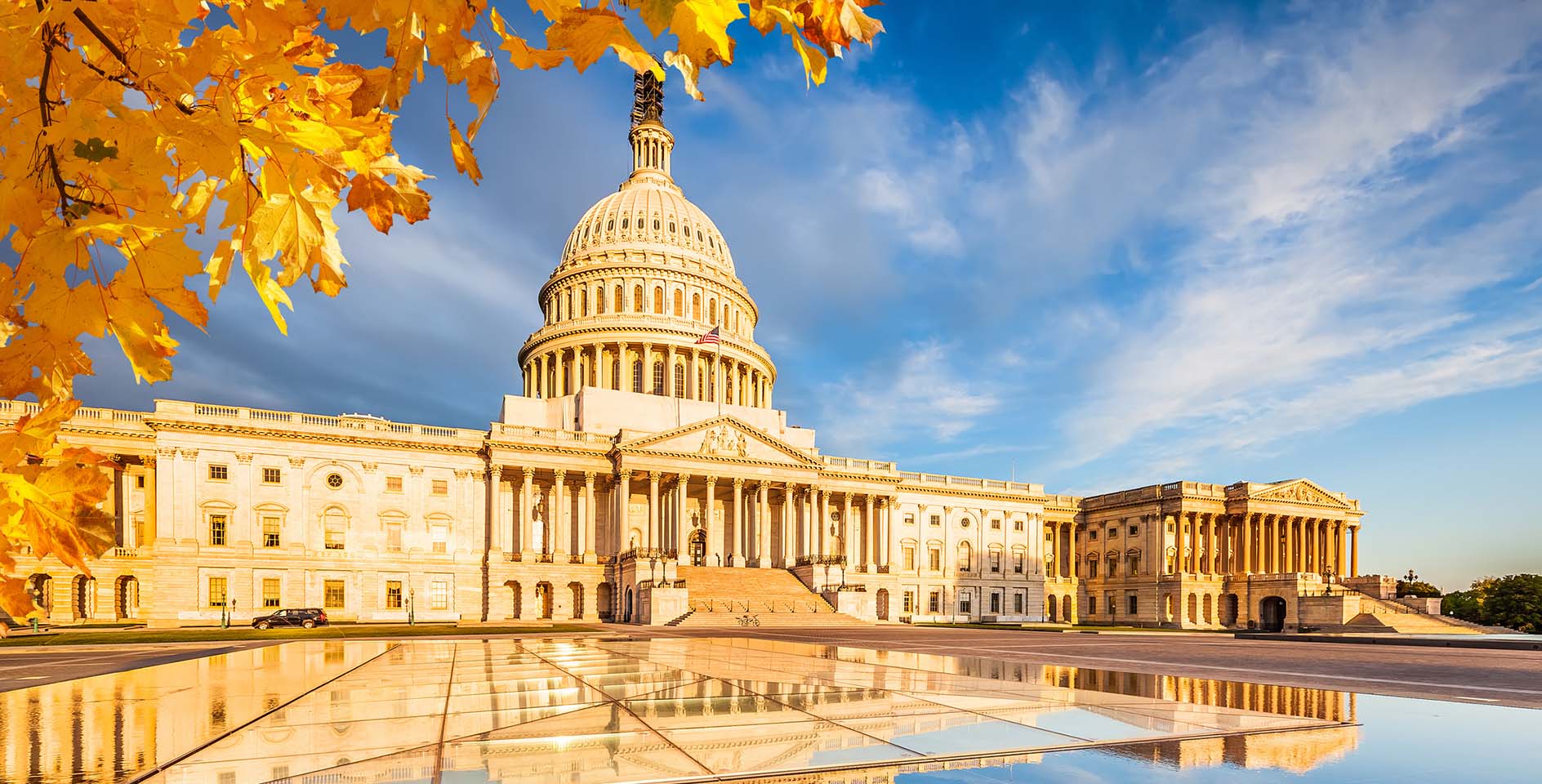Recently, Georgia Gov. Nathan Deal vetoed the Georgia Religious Freedom Restoration Act. This widely supported bill provided some assurances to Georgians that their government would respect their faith and not discriminate against them because they hold biblical views of marriage. It was non-threatening, despite the media and big business firestorm that raged against it. A significant part of the bill simply applied the language of the federal Religious Freedom Restoration Act (RFRA) to Georgia’s state government.
One has to wonder if we could even pass the 1993 federal RFRA if it were brought up for a vote today. But what the Georgia experience, and similar experiences in states like Arkansas and Indiana, tells us is that the problem with passing these First Amendment-sensitive laws is not due to a lack of public support. The vast majority of citizens in these states support the conviction that religious belief should be protected from governmental discrimination.
Yet, until people insist on protecting religious belief, we will find it increasingly difficult to enact any more religious freedom laws except in the most favorable of environments. If the governor of a state like Georgia, acting out of pressure from political interest groups, big media and big business, will veto a bill that had garnered support among a significant majority of the people, then there is little chance for religious freedom bills becoming law in areas where they might most be needed, like Washington state, for example.
Enter the ongoing failure in Washington, D.C., for Congress to take up a religious freedom bill supported by more than 160 members of Congress.
What is the bill?
The bill, known as the First Amendment Defense Act (FADA), is also a very straightforward First Amendment-sensitive bill. It prevents the federal government from punishing a faith-based business or individual because they cannot in good conscience accommodate same-sex marriage in certain situations.
FADA protects individuals and organizations, like Christian colleges and human-needs ministries, from federal discrimination. It prevents the federal government from denying them things like tax-exempt status or government contracts because their faith convictions will not allow them to treat same-sex marriage like biblical marriage.
Here’s the heart of the bill:
(a) In General- Notwithstanding any other provision of law, the Federal Government shall not take any discriminatory action against a person, wholly or partially on the basis that such person believes or acts in accordance with a religious belief or moral conviction that marriage is or should be recognized as the union of one man and one woman, or that sexual relations are properly reserved to such a marriage.
(b) Discriminatory Action Defined- As used in subsection (a), a discriminatory action means any action taken by the Federal Government to–
(1) alter in any way the Federal tax treatment of, or cause any tax, penalty, or payment to be assessed against, or deny, delay, or revoke an exemption from taxation under section 501(a) of the Internal Revenue Code of 1986 of, any person referred to in subsection (a);
(2) disallow a deduction for Federal tax purposes of any charitable contribution made to or by such person;
(3) withhold, reduce, exclude, terminate, or otherwise deny any Federal grant, contract, subcontract, cooperative agreement, loan, license, certification, accreditation, employment, or other similar position or status from or to such person;
(4) withhold, reduce, exclude, terminate, or otherwise deny any benefit under a Federal benefit program from or to such person; or
(5) otherwise discriminate against such person.
(c) Accreditation; Licensure; Certification- The Federal Government shall consider accredited, licensed, or certified for purposes of Federal law any person that would be accredited, licensed, or certified, respectively, for such purposes but for a determination against such person wholly or partially on the basis that the person believes or acts in accordance with a religious belief or moral conviction that marriage is or should be recognized as the union of one man and one woman, or that sexual relations are properly reserved to such a marriage.
Clearly, this bill does not threaten anyone. Indeed, all it does is ensure that the federal government will not discriminate against those who seek to live according to the biblical teaching that marriage is only the union of one man and one woman. This is obviously First Amendment territory. Yet, despite repeated efforts, the House Oversight and Government Reform Committee is unwilling to even take up this bill.
Given that Gov. Deal and other governors could not withstand the threats and bullying they received over constitutionally valid religious freedom bills, we shouldn’t be totally surprised that members of Congress are nervous about taking up FADA. The opposition is organized and hostile.
What is at stake?
But much is at stake. During the oral arguments in the Obergefell same-sex marriage case before the Supreme Court, Justice Alito asked DOJ Solicitor General Donald Verrilli if a university or college could lose its nonprofit tax status because of its conviction that marriage is the union of a man and a woman. Verrilli responded: “It’s certainly going to be an issue.” He acknowledged this because he recognized that same-sex marriage is quickly becoming a civil rights issue in the minds of many people. Except for a very narrow exemption, people of faith and their institutions are not protected from federal action when a civil right is involved.
We’re not talking only about tax exemptions. We’re also looking at the likelihood that a federal government determined to enforce its view that same-sex marriage is a civil right could deny loans for students who want to attend a school that holds to the biblical view of marriage. Businesses with this view could be denied access to government contracts. Adoption and foster care organizations could be put out of business because they can’t in good conscience place children in same-sex settings. These are just a few examples of what is at stake.
What can you do?
FADA will prevent this. However, unless members of Congress know they will be supported by the vast majority of people in their districts, they will not take up this crucial bill. We should not let the tactics of fear and intimidation to prevent the passage of such an important bill. Already, people of faith are being punished by some state and local governments for their beliefs about marriage. If we do not act, and act soon, we will certainly see this happen at the federal level as well.
Contacting your congressman is as simple as finding his or her phone number here, and making a two minute phone call. All you would need to do is say you support the First Amendment Defense Act and you want your congressman to insist that the House Oversight and Government Reform Committee pass it without further delay. You may discover that he or she supports the bill. That would be great! But unless we get that bill passed, it will not help to protect people of faith or our institutions.
God defined marriage. It is the union of one man and one woman. No one should be subjected to discrimination because he or she holds this belief and seeks to live in accordance with it. Certainly, no one should be threatened by the federal government, which is supposed to be bound by the First Amendment’s guarantee of religious freedom. FADA will help ensure this. It needs our help to become law.










